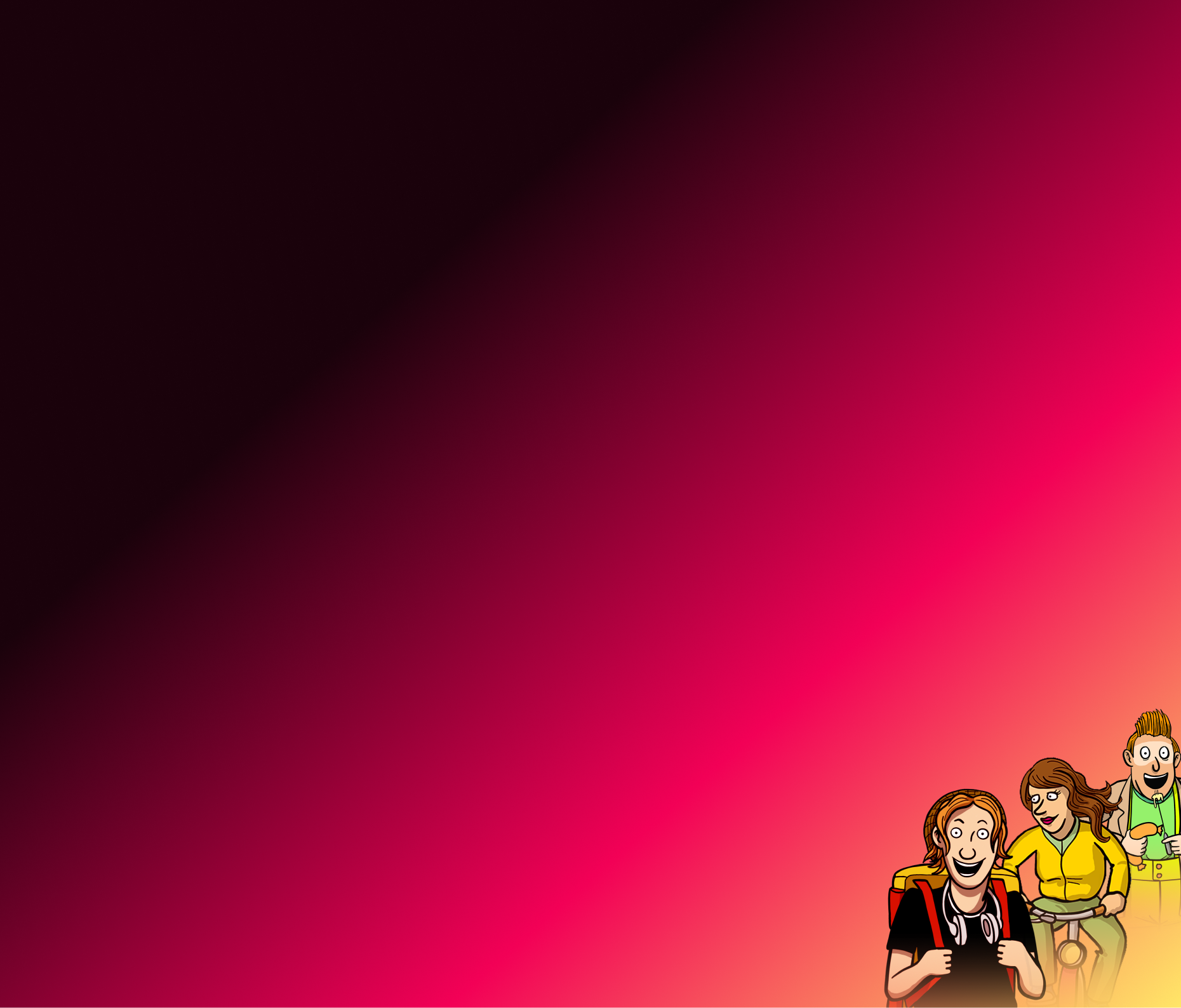Word order
Remember: a sentence usually consists of subject + verb + object.
Sigi kauft ein Ticket.
Sigi buys a ticket.
Word order is pretty flexible and generally follows these basic rules:
- The conjugated verb comes second in the sentence, but the subject and the object can swap positions without altering the fundamental meaning:
Der Mann trinkt den Kaffee. = Den Kaffee trinkt der Mann.
Both of these sentences mean "The man drinks the coffee", but the second sentence adds emphasis to den Kaffee (the coffee) by putting it first.
Die Suppe schmeckt dem Gast. = Dem Gast schmeckt die Suppe.
Both of these sentences mean "The guest likes the taste of the soup", but the second sentence adds emphasis to dem Gast. This also helps to differentiate between the guest and someone else who might also like the soup.
- Information about the place or time can also come first in the sentence. The word order is then as follows: place/time + verb + subject + rest of sentence.
Im Hotel arbeiten viele Menschen.
Lots of people work in the hotel.
Gestern hat Anna ihren Sohn angerufen.
Yesterday, Anna called her son.
- The infinitive and the past participle always come at the end of the sentence.
Dem Gast hat sie die Schlüssel gegeben.
She has given the keys to the guest.
Den Film möchte ich sehen.
I would like to see the film.
Remember: in German, the object can be positioned at the beginning of a sentence because the case of the article tells us whether a word is a subject Nominativ or object (Akkusativ Dativ Genitiv):
Den Anruf ignoriere ich. = Ich ignoriere den Anruf.
Both sentences mean "I ignore the phone call", but the emphasis is different in each case.
Still facing difficulties with 'Word order'? Learn and enhance your German grammar through our online German course. Start with a free test and improve today!
What our users say:
Improve your German further and test Wunderbla, online German lessons.

